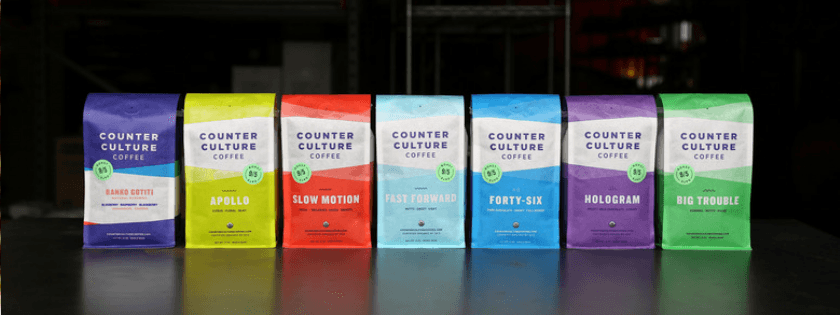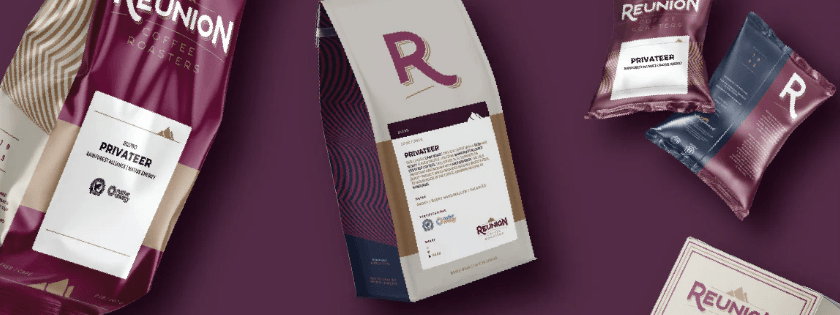What Is Sustainable Coffee?
Sustainable coffee refers to coffee produced with methods that protect the environment, support fair labor practices, and promote economic viability for farmers. It encompasses organic farming, Fair Trade certification, and other eco-conscious practices that minimize harm to ecosystems and communities. Unlike conventional coffee, sustainable coffee often avoids synthetic pesticides and fertilizers, deforestation, and exploitative labor conditions. The result is a product that is better for the planet and often tastes superior due to healthier growing conditions.
Why Choose Sustainable Coffee Beans?
Choosing sustainable coffee combines benefits for your palate and the planet. Here are key reasons to opt for sustainable options:
- Superior Flavor: Sustainable beans are typically grown in nutrient-rich soils without harmful chemicals, enhancing natural flavors and aroma.
- Environmental Protection: Practices prevent soil erosion, preserve water quality, and maintain biodiversity.
- Social Responsibility: Farmers receive fair wages and work conditions, promoting long-term community health.
- Economic Sustainability: Supports small-scale farmers and helps maintain viable livelihoods.
Top Sustainable Coffee Brands
Counter Culture Coffee

Based in Durham, North Carolina, Counter Culture Coffee is renowned for its commitment to sustainability throughout the supply chain. From ethically sourced beans to energy-efficient facilities, they focus on reducing environmental impact and supporting farmers.
Pros:
- Sources high-quality organic coffees from Latin America, Africa, and Asia honoring sustainable farming.
- Direct trade relationships increase farmers' profit margins compared to traditional markets.
- Energy-efficient roasting powered by renewable sources like wind turbines.
- Reuses packaging materials such as cardboard and jute bags.
Cons:
- Shipping from overseas suppliers increases carbon footprint due to fuel consumption.
- Not all products are certified organic.
Nossa Familia Coffee

Nossa Familia emphasizes premium Arabica beans grown with care for the environment and workers. Their initiatives protect rainforests, promote reforestation, and empower communities through education.
Pros:
- Sources only sustainably grown Arabica beans with organic farming practices.
- Supports biodiversity and rainforest ecosystem preservation.
- Invests in renewable energy like solar panels for farms.
- Reinvests profits into local education and community empowerment.
- Offers Fair Trade certified products at competitive prices.
Cons:
- Some beans may not be fully organic due to supply limits.
- Fair wage guarantees can vary due to market complexities.
Reunion Island Coffee Roasters

This roaster focuses on quality using 100% Arabica beans from Ethiopia, Colombia, Brazil, and Costa Rica. Their roasting uses renewable energy, and they prioritize fair trade and reducing carbon footprint.
Pros:
- High-quality Arabica beans ensure smooth, rich coffee flavor.
- Supports local farmers with fair wage and sustainable farming practices.
- Roasts coffee using renewable energy sources.
- Committed to sustainable packaging to reduce waste.
Cons:
- Price point is higher compared to conventional coffees.
Philocoffee - Eco-Friendly Coffee Maker
Philocoffee is an innovative brewing system designed to produce organic coffee at home sustainably. It avoids disposable plastics and single-use capsules, optimizing water and energy usage while delivering excellent flavor.
Pros:
- Constructed from organic, eco-friendly materials.
- Efficient brewing reduces water and energy consumption.
- Compatible with recyclable or reusable capsules.
- Quick and convenient for high-quality coffee production.
Cons:
- Initial cost can be high for some consumers.
- Smaller capacity requires more frequent refills for larger servings.
Cafe Mam

Cafe Mam commits to organic, fair trade coffee sourcing with recyclable packaging and philanthropy, including reforestation and medical support projects.
Pros:
- Certified organic and ethically sourced beans from small farms.
- Fair Trade certification ensures living wages for farmers.
- Uses recyclable packaging reducing environmental waste.
- Invests profits in environmental and social initiatives.
Cons:
- Price is higher than typical coffee due to certifications and fair wages.
- International shipping requires cold chain, increasing logistical costs.
How to Choose the Best Sustainable Coffee for You
Finding the right sustainable coffee involves several considerations:
- Traceability: Know the origin of your beans and the farming practices used. Check for certifications like Organic, Fair Trade, or Rainforest Alliance.
- Freshness: Prioritize roast dates within 6 months to ensure flavor and antioxidant potency.
- Reviews and Reputation: Research customer feedback and expert opinions to gauge quality and ethical standards.
- Price vs. Value: Sustainable coffee often costs more but delivers better taste and supports ethical practices. Balance your budget with these priorities.
- Packaging: Choose brands using recyclable or biodegradable packaging to further reduce environmental impact.
Comparing Sustainable Coffee Certifications
| Certification | Focus | Benefits | Considerations |
|---|---|---|---|
| Organic | No synthetic pesticides or fertilizers | Healthier soil, reduced chemical exposure | May be costlier, limited supply in regions |
| Fair Trade | Fair wages and labor conditions | Supports farmer livelihoods and communities | Certification costs may affect pricing |
| Rainforest Alliance | Environmental and social standards | Protects biodiversity and worker rights | Mixed interpretations of certification rigor |
Conclusion
Investing in sustainable coffee means more than just enjoying a cup of coffee—it is a conscious choice supporting environmental stewardship, economic fairness, and social responsibility. While sustainable coffees may have a higher upfront cost, the superior flavor, ethical sourcing, and reduced ecological impact offer long-term benefits to consumers and the planet alike. By selecting brands that prioritize transparency, quality, and sustainability, coffee lovers can savor their brew knowing they contribute to a healthier future.
